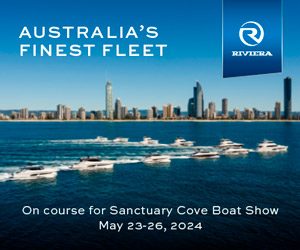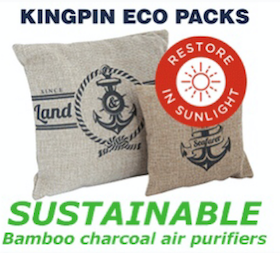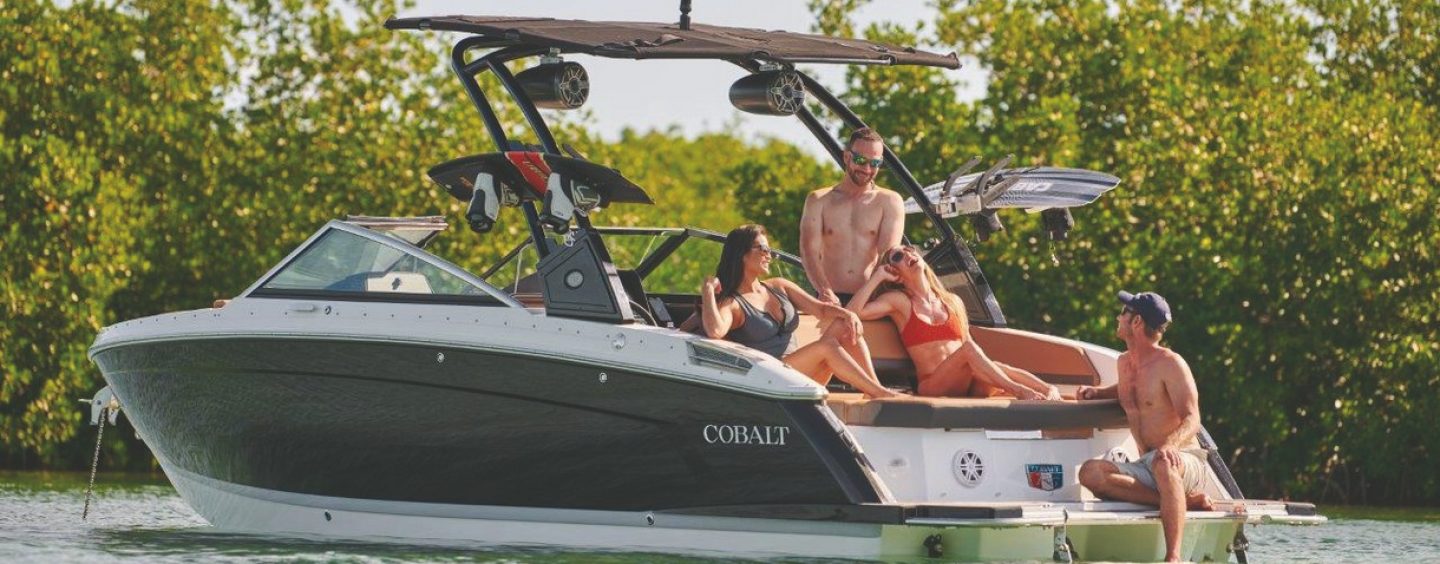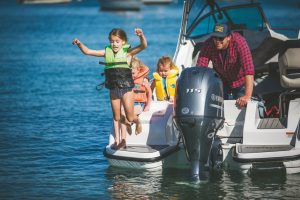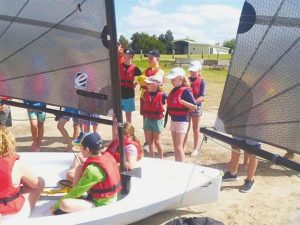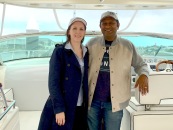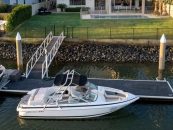It’s good for you
Compiled from media by Boating Industry Association (BIA)
Recreational Boating is a favourite pastime for millions of Australians
With more than 85 per cent of the population living within 50km of the coast, it is estimated that more than 20 per cent of all Australians engage in some form of boating annually and that almost 1 in 5 households have a boat or watercraft.
With the span of magnificent coastline, harbours, bays, and rivers, Aussies are spoilt with options for enjoying time in, on or around our waterways. The popularity of recreational boating can be witnessed on our waterways all year round, and the longevity and history of this favourite pastime is best demonstrated at the fabulous maritime museums Australia wide.
Despite the challenging scenario that the pandemic has presented, recreational boating and the desire for the outdoors has seen a substantial increase in interest and demand worldwide. Where permitted, recreational boating has presented Australians with the perfect remedy for those seeking to de-stress and relax in the outdoors for improved mental health. Recreational boating is diverse in nature, not only catering for the opportunities associated with having a good time, but also as a conduit to many sporting activities such as fishing, sailing, waterskiing, wake boating and paddling.
BOATING IS GOOD FOR YOU
The benefits of recreational boating have been assumed for decades, but now through some interesting and compelling work, it has been proven that boating is good for you.
The award-winning marine biologist, Dr Wallace Nichols, is internationally renowned for his study which, through a scientific evidence-based approach, has shown getting out on the water in a boat promotes rest, with significant physiological and psychological benefits. He has found that with our lives getting increasingly busy and stressed, boating is the perfect way to unwind and relax. His research includes the vast cognitive, emotional, psychological, social, physical, and spiritual benefits that we can all derive from healthy waters and oceans throughout our lives.
Through his research, Dr. Nichols has identified that the mere sight and sound of water promotes wellness by lowering cortisol, increasing serotonin and inducing relaxation. Being on the water promotes physiological and psychological benefits that help manage trauma, anxiety, sleep, autism, addiction, fitness, attention/focus, stress, grief, PTSD, build personal resilience, and much more. His study in the US has shown that 84% of parents think their kids would be more likely to unplug from their phones and laptops on a boat trip versus a road trip. On a boat, feel-good hormones (dopamine, serotonin, oxytocin) go up, while stress (cortisol) goes down.
Waterways give us half of our oxygen, provides people with jobs and food, holds the majority of earth’s biodiversity including species and ecosystems, drives climate and weather, regulates temperature, and are the sole source of hydration and hygiene for humanity throughout history.
The world ocean and all waterways, including lakes, rivers, and wetlands (collectively, blue space), cover over 71 per cent of our planet. Keeping them healthy, clean, accessible, and biodiverse is critical to human health and wellbeing. Little wonder when you consider our brains are 75 per cent water and our bodies are 60 per cent.
Dr Nichols says, “Being on a boat is one of the best ways to access the wellness benefits of the water”.
BOATING & SPORT:
A MARRIAGE MADE IN HEAVEN
Cruising or simply messing around in boats is the obvious choice. However, sport plays a big part of the engagement with boating. Whilst sport conjures thoughts of competition, leisure, entertainment, or simply for good health dominate boating activity.
Let’s be clear, competitive boating is a real thing and much loved by many. Sailing, powerboating, water-skiing, paddling and fishing all have a big part in the world of competitive recreational boating.
For many, sailing is their entry to recreational boating. If you ask boaters about their youth, many will tell you it consisted of sailing classes and time with friends in a sailing club. Sailing is a fun, safe, accessible and affordable sport that welcomes participation from people of all backgrounds, ages and abilities.
There are many different ways to get started in sailing, with programs like Australian Sailing’s Discover Sailing program providing a range of opportunities for you to continue sailing at clubs as you develop your skills, experience and confidence.
Sailing clubs can be found on the coast, rivers and inland lakes in some spectacular locations around the country. There are nearly 400 sailing clubs around Australia with more than 60,000 registered club members and 100,000 people regularly participating in the sport.
You do not need to own a boat to enjoy sailing. There are clubs that provide boats and boat owners looking for crew. You do not need to be a member to get started in sailing because all the Discover Sailing programs are accessible for people who are not members of clubs.
Fishing is also very popular as a recreational sport. The Australian National Sports Fishing Association say, “There are about three and half million Australians who go fishing for sport and recreation every year and because we are so many, recreational and sportfishing is a huge industry; in fact one of the biggest industries in the country and one of the biggest single outdoor participatory sports and recreation”.
This is unsurprising with visitors to boating events around the country saying that fishing is one of the primary reasons they go boating.
For those with a little more energy and a focus on heath as an interest, paddling and kayaking have seen the sport using non-powered vessels boom over the last 10 years. Stand-up paddle boards (SUPs) and kayaking has become a very popular way to keep fit and to connect with the environment and nature.
No matter your gender, age or level of mobility, there is something for everyone when it comes to boating. People looking for more information are invited to visit www.discoverboating.com.au


